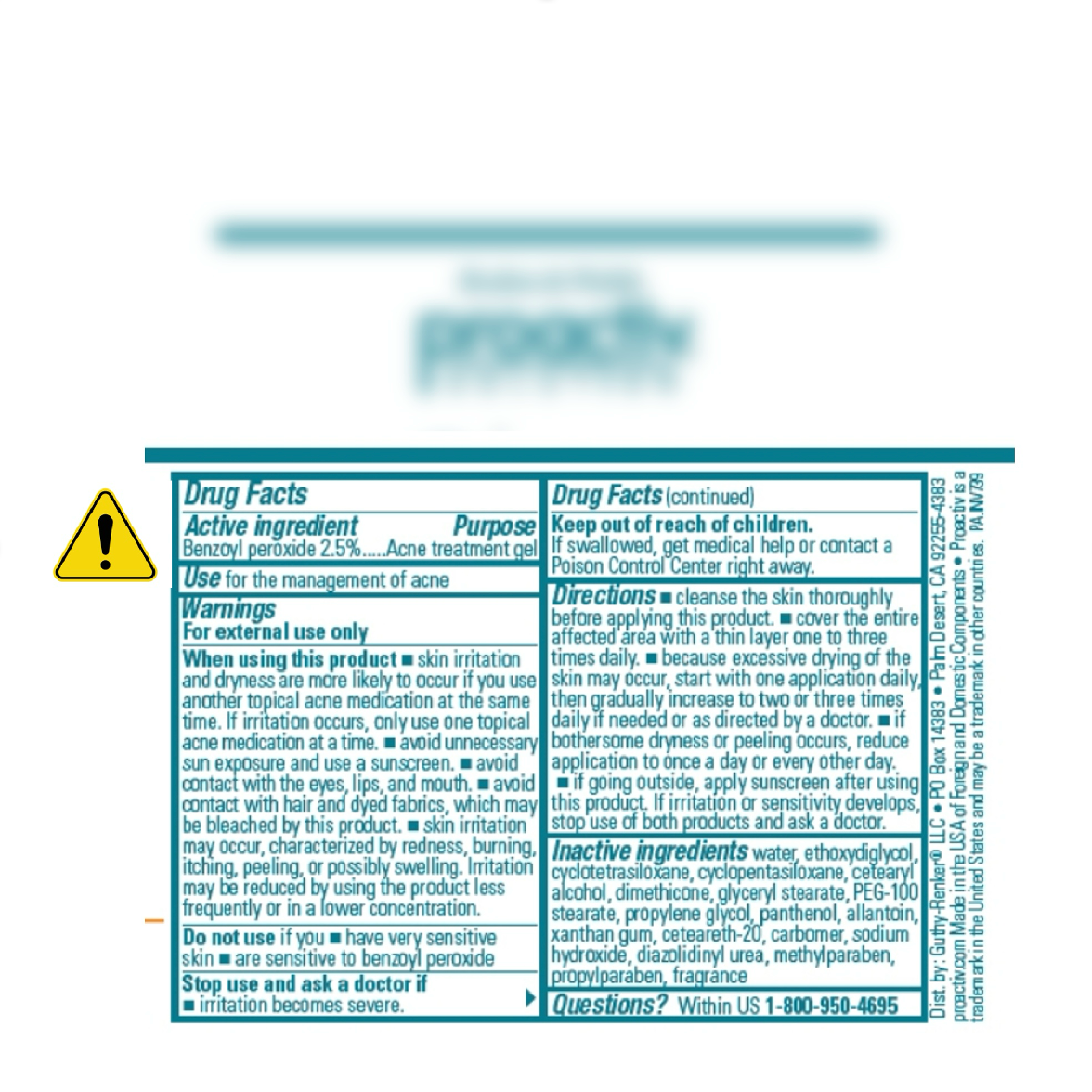Summer! Sun, beach, iced coffee.
Also Summer: Sweat, clogged pores, heat rash.
Can Hypochlorous Acid save your summer skin?
As much as we love it, summer often comes with a "Venti-sized" serving of skin issues. Common seasonal afflictions include overactive oil glands, itchy eyelids, and eczema flares.
Let’s dive into the most common summer skin irritations, their triggers, and possible solutions.
According to dermatologists, the most common complaints associated with the warmer months are:
1. Acne flares: Forget the gym, we’re breaking a sweat just walking to the car. Sweat is our body’s natural cooling system; without it we’d dangerously overheat. But sweat also traps bacteria on your face, clogging your pores, which leads to breakouts.
Gently cleansing sweat from your face before it settles can help control acne and breakouts. Plain water can help, but using a pH balanced antimicrobial solution is the most effective way to remove problem bacteria.
2.Eczema: While winter’s dry air can exacerbate some symptoms, many eczema sufferers find summer triggers to be just as bad. Pollen and other environmental factors can trigger the body to overreact, even without a specific pollen allergy. Dramatic jumps in temperature can also cause eczema to worsen. To manage heat-related eczema, the National Eczema Association recommends wearing loose, cotton clothing, using sting-free SPF, and increasing water intake.
3.Exposure-related irritation: Air pollution, especially particle pollution, is toxic for skin. Microscopic specs of dirt, campfire soot, wildfire smoke, and construction debris can cause cumulative damage to our dermal layers. How? These micro toxins are absorbed through the skin and can interfere with the production of proteins like collagen, as well as the normal function of lipids. Called “oxidative stress” this process can lead to inflammatory skin conditions like psoriasis and acne, as well as premature aging.
A recent example of the effects of environmental exposure appears in an article published by Massachusetts General Hospital. Scientists at Mass General (MGH) investigated a curious correlation between Carbon monoxide levels in the Boston area following the 2023 Canadian wildfires, and a rise in dermatology visits for skin ailments like atopic dermatitis. Read more about the study here.
4.Dry, scaley eyelids: There’s nothing like a blast of icy AC after a long day in the heat. But, spending a lot of time in the air conditioning can cause eyes to dry out more quickly, because it lowers the humidity in the room. These same conditions can cause the extremely thin skin on your eyelids to develop dry, scaly patches. In addition to controlling your indoor climate, experts recommend taking a break from cosmetics, and using a gentle daily cleanser on eyelids.
5. UV damage. We now know the importance of good SPF when spending time in the sun to avoid dangerous burns. But UV exposure can also cause rashes, heat pimples, and hyper-pigmentation. In addition to an effective sunblock, Dermatologists also recommend finding protection that is safe for sensitive skin, and fragrance-free.. The National Eczema Association has a list of suggestions here.
Hypochlorous acid to the rescue!
Hypochlorous acid (HOCl) can be a valuable addition to skincare routines, especially during the hot summer months. Here’s how it can help:
1. Hydration & Soothing Effects:
- Hydration Boost: Hypochlorous Acid can help hydrate skin and prevent dryness caused by hot weather.
- Anti-Inflammatory Properties: HOCl has anti-inflammatory properties that can help soothe and calm irritated skin, which is common in the summer due to increased sun exposure and heat.
2. Protection Against Environmental Stressors:
- Antimicrobial Benefits: HOCl is a powerful antimicrobial agent that helps protect the skin from bacteria and pollutants, which can be more prevalent during summer.
- Reducing Breakouts: By controlling bacteria on the skin, it can help reduce summer acne and breakouts often caused by sweat and increased oil production.
3. Healing and Repair:
- Wound Healing: HOCl promotes faster healing of minor cuts, scrapes, and sunburns, which are more common in the summer due to outdoor activities.
- Reduces Redness and Irritation: Hypochlorous Acid can reduce redness and irritation from sunburns and insect bites, providing relief and promoting faster recovery.
4. Skin Barrier Support:
- Strengthening Skin Barrier: HOCl helps maintain the integrity of the skin barrier, which can be compromised by excessive sun exposure, pool chemicals, and saltwater from the ocean.
- Helps Prevent Infections: The cleansing and antimicrobial elements of HOCl help prevent infections that can result from sunburns and other skin irritations.
5. Gentle and Safe for All Skin Types:
- Non-Irritating: HOCl is generally gentle and non-irritating, making it suitable for all skin types, including sensitive skin that can become more reactive during summer.
- Plays Nicely With Others: Hypochlorous Acid leaves zero residue behind on skin, so it won't interfere with other products in your skincare routine. Allow SkinSmart to dry before layering other products on your skin.
How to Use Hypochlorous Acid in Summer Skincare:
- Facial Mist: Use a Hypochlorous Acid facial mist to refresh and hydrate the skin throughout the day, especially after sun exposure.
- Toner: Apply it as a toner after cleansing to remove impurities left behind by soap-based cleansers. Ultra clean skin is now ready for the next step in your regular routine.
- After-Sun Care: Incorporate HOCl into after-sun care routines to reduce redness and promote healing of sunburns.
- Acne Care: Use it as a spot therapy for acne-prone areas, and to stop breakouts.
- General Skin Care: Apply HOCl to any areas of the skin that are prone to irritation, redness, or minor wounds to support healing and protection.
By integrating Hypochlorous Acid into a summer skincare routine, users can help skin weather the harsh effects of heat, sun, and environmental pollutants, ensuring a healthier and more resilient complexion.




